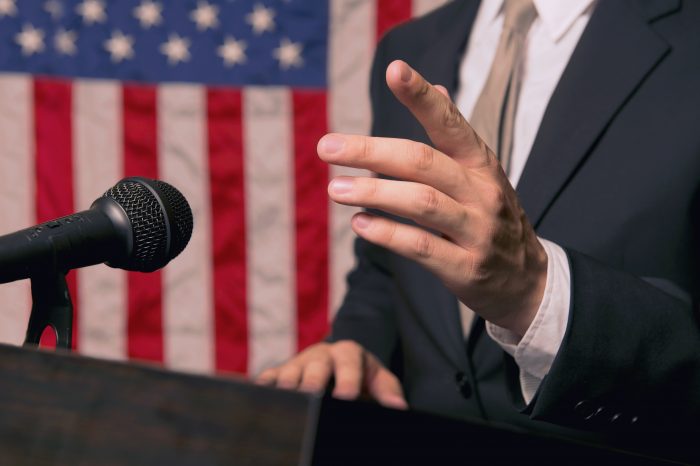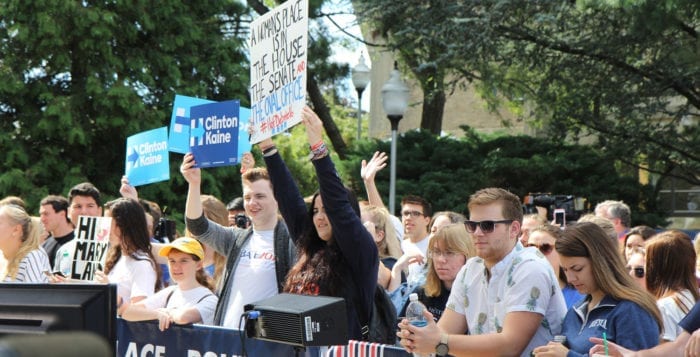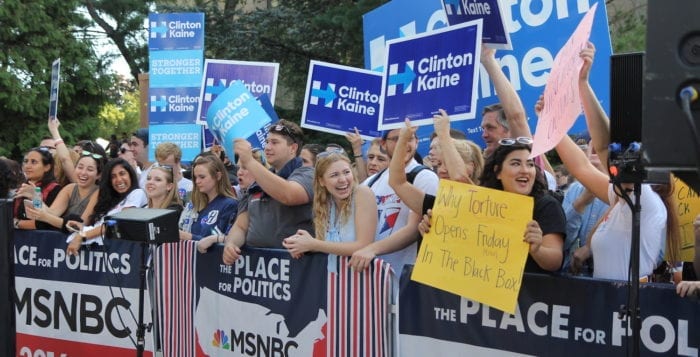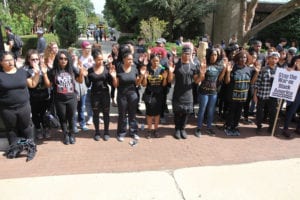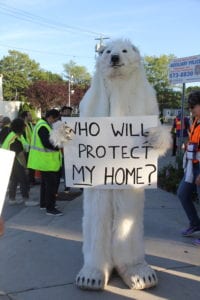By Daniel Dunaief

Shhh, don’t tell anyone, but I just received a copy of the draft of the debate rules that were sent to the two older gentlemen who would like to be president from 2024 to 2028.
Now, no one was supposed to see these, but my friend’s nephew’s babysitter’s neighbor happened to be taking out his recycling and he noticed a piece of paper with official presidential letter head on it. I’m going to share a few ideas that almost made it into the debate.
First, the two candidates considered the possibility of a brief nap. Each of them would have had a pillow and a small bed, just off stage, where they could recover and restore their vim and vigor.
Second, they were considering whether to allow a translator for each of them. That way, when one of them misspeaks and uses the wrong name or mispronounces a word, a country, a language or a religion, the translator could auto correct for the moment.
Third, they each considered bringing a Pinocchio onstage. When the other person spoke, the nonspeaking candidate could demonstrate the perceived inaccuracy of the other person’s comments by extending the nose of their puppet.
Fourth, they each considered at least 30 seconds when they could appeal directly and exclusively to their donors, explaining why they needed more money and how they would best use it.
Fifth, they were each given the opportunity to ignore one question openly and ask themselves a better one that they themselves could then answer.
Sixth, they wanted the chance to stump the other with their spectacular knowledge of the world. Each person could ask the other to spell the name of a particular country and then demonstrate their world prowess by pointing to that country on an unlabeled map.
Seventh, they could each choose a way to demonstrate their intellectual prowess by choosing from the following list: name as many digits of pi as possible, name the former presidents in order, share the names of some important Supreme Court decisions, or name as many national parks as they could.
Eighth, each candidate would have the opportunity, in a minute or less, to share a lesson they learned in the classroom that they believe has come in particularly handy in their lives.
Ninth, each candidate would have to name at least five people who aren’t relatives and who are alive who they think might be great presidents one day.
Tenth, before they offered their own positions, each president would have a chance to do their best impersonation of the other man. For 90 seconds, each of them could pretend to be the candidate for the rival party.
Eleventh, in the spirit of collaboration and cooperation, each one had to say something genuinely supportive and nice about the other person, and it couldn’t be about the person’s family.
Twelfth, each participant would need to spend at least 30 seconds sharing his thoughts on RFK Jr.’s candidacy.
Thirteenth, each candidate would have to indicate how he would be president for the entire United States and not just his constituency. Each candidate would be required to speak directly to the supporters of the other candidate, suggesting why people who have made up their minds should change their vote.
Fourteenth, both candidates would need to discuss something other than his rival as the greatest threat to the future of the United States.
Fifteenth, each candidate should discuss why, despite their frustration with the press that they think favors the other side, they still support the First Amendment. They would also need to share their views on the value of a free press, emphasizing in particular its ability to hold politicians accountable.
Sixteenth, the winner of the debate, as determined by an independent panel of disinterested observers, would circle the stage while sharing some dance moves of his choice.
Seventeenth, regardless of the outcome of the debate, the candidates agree to shake each other’s hands, to smile and to wish their competitor, their competitor’s family, and the country well.

